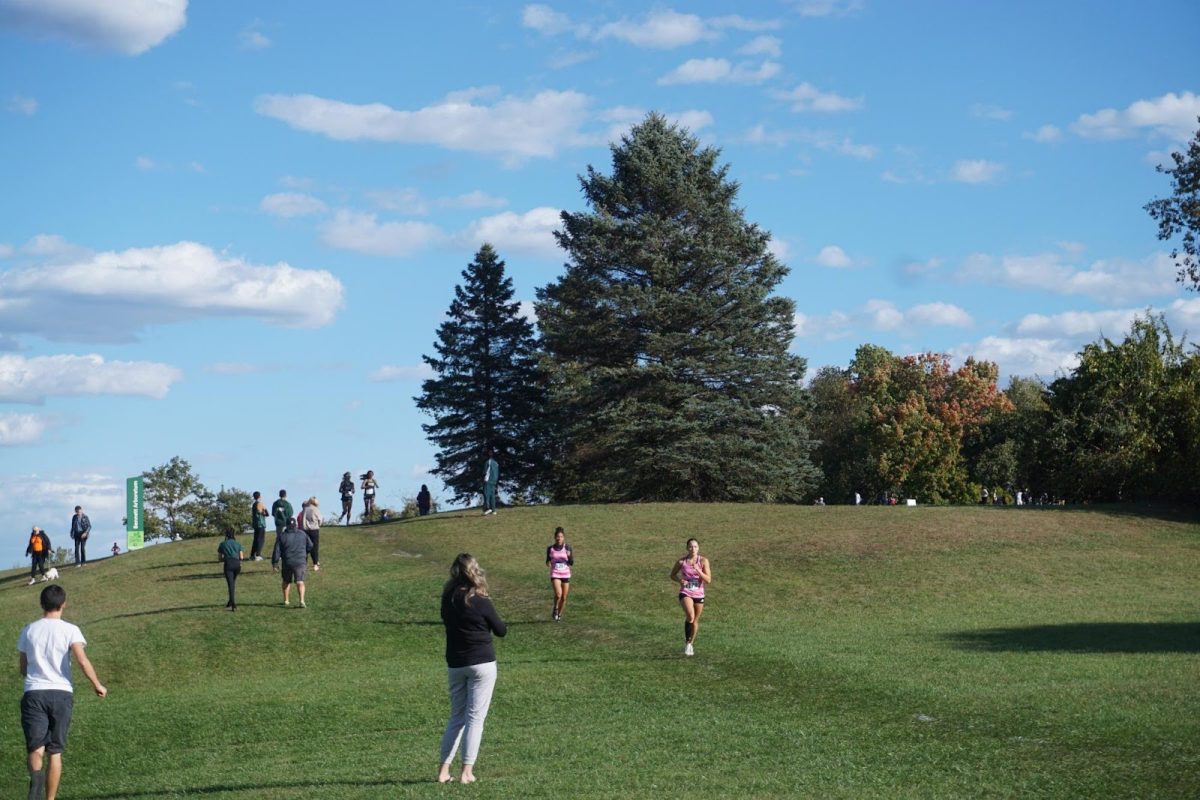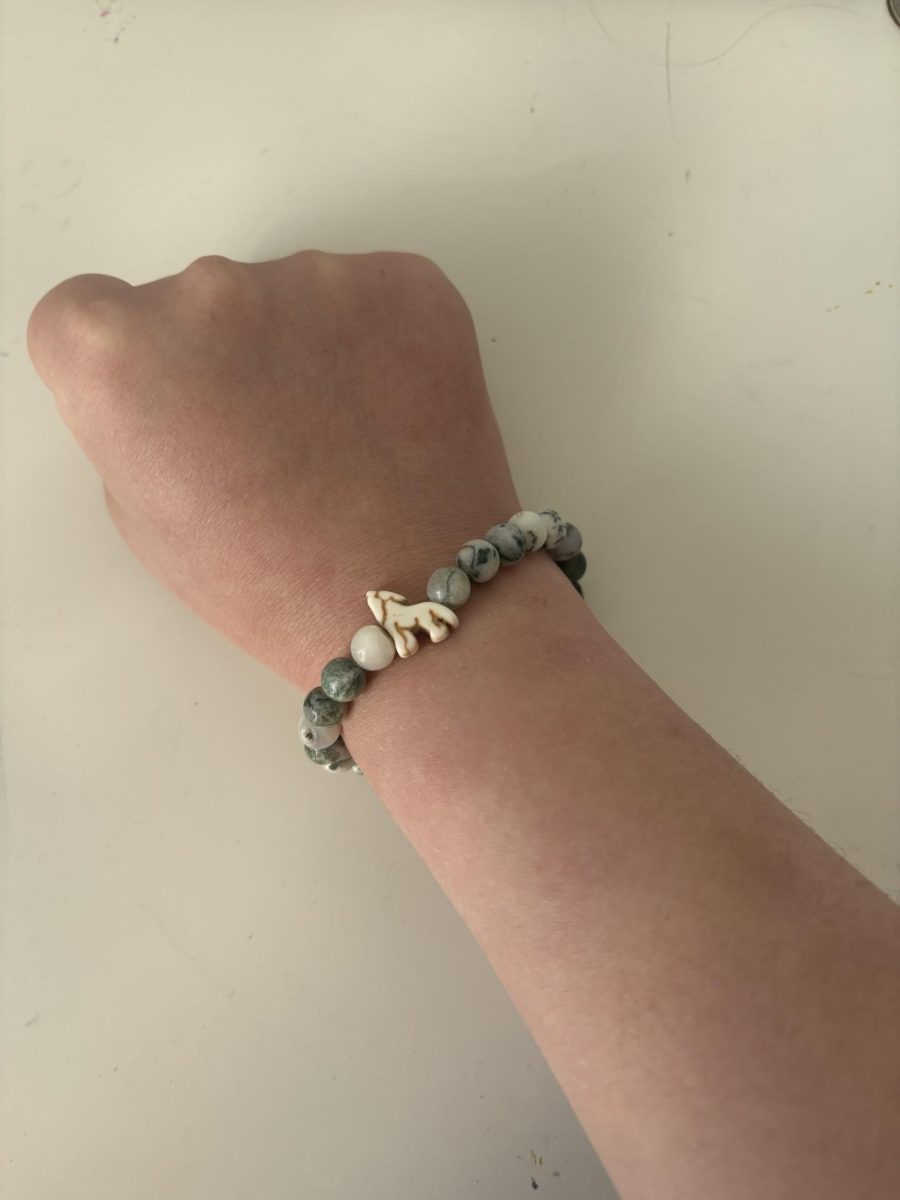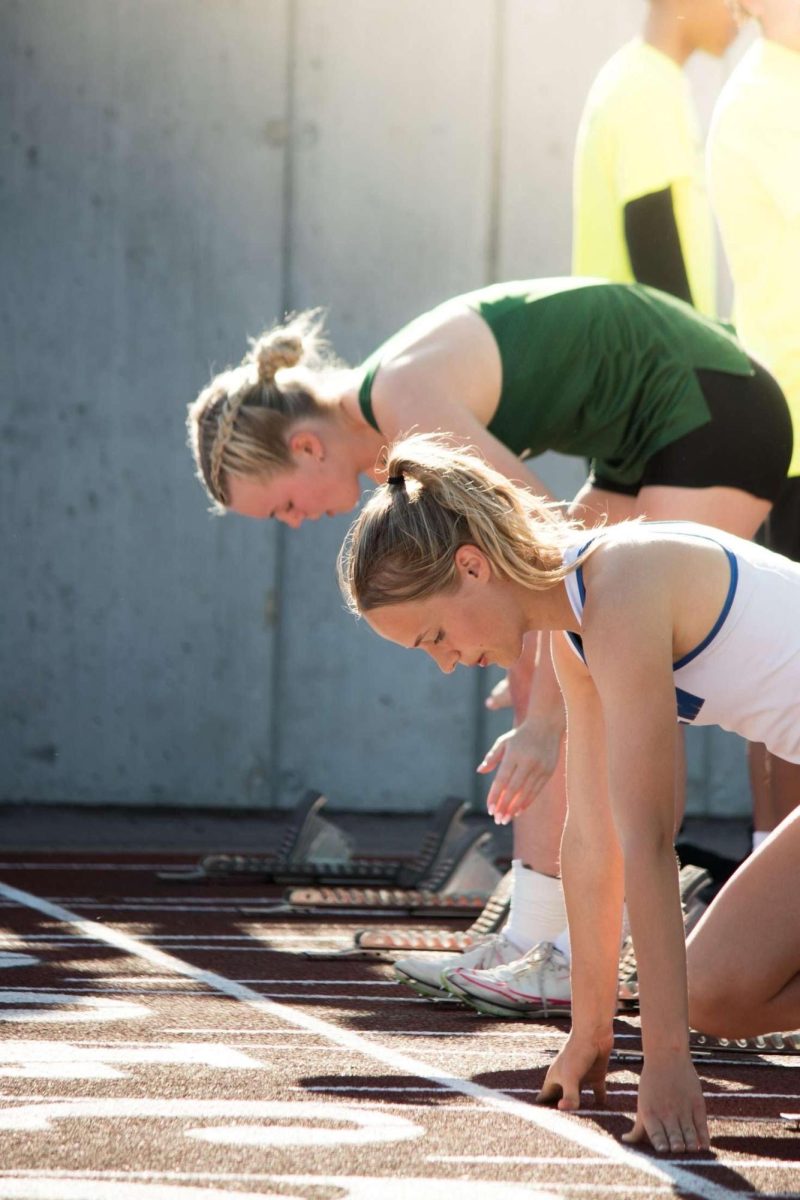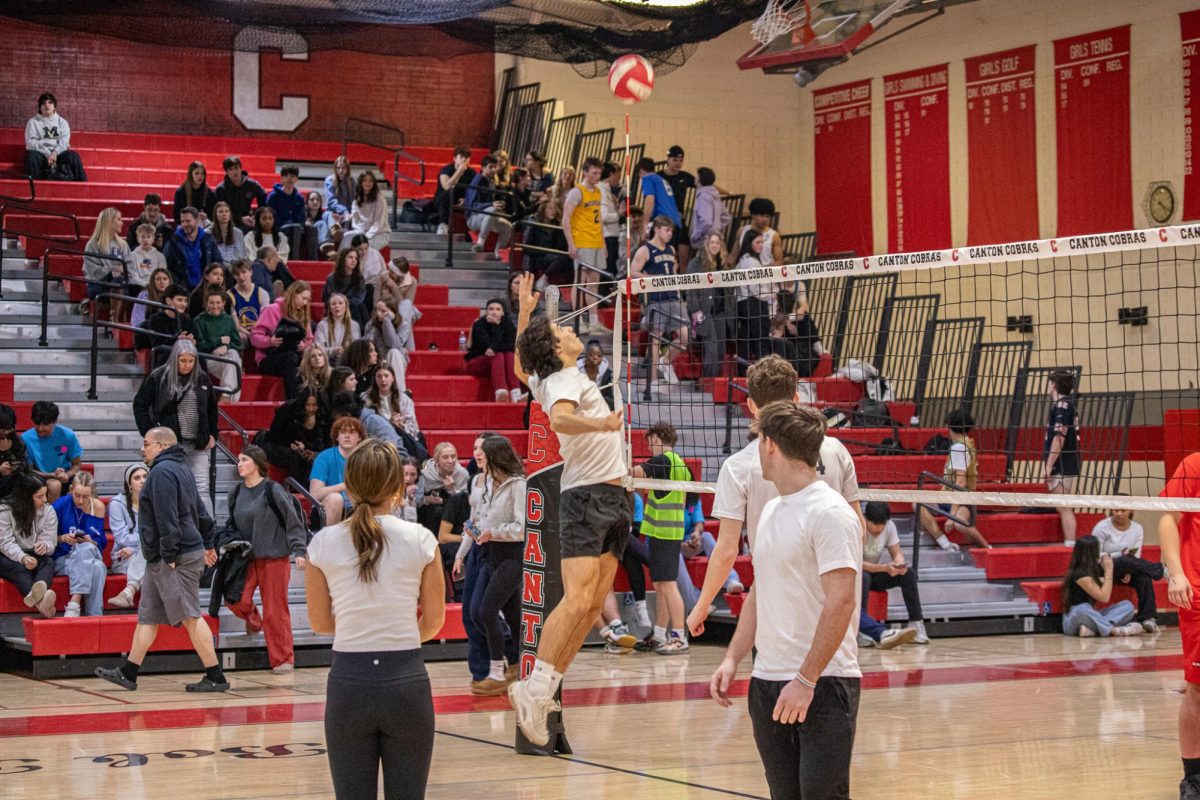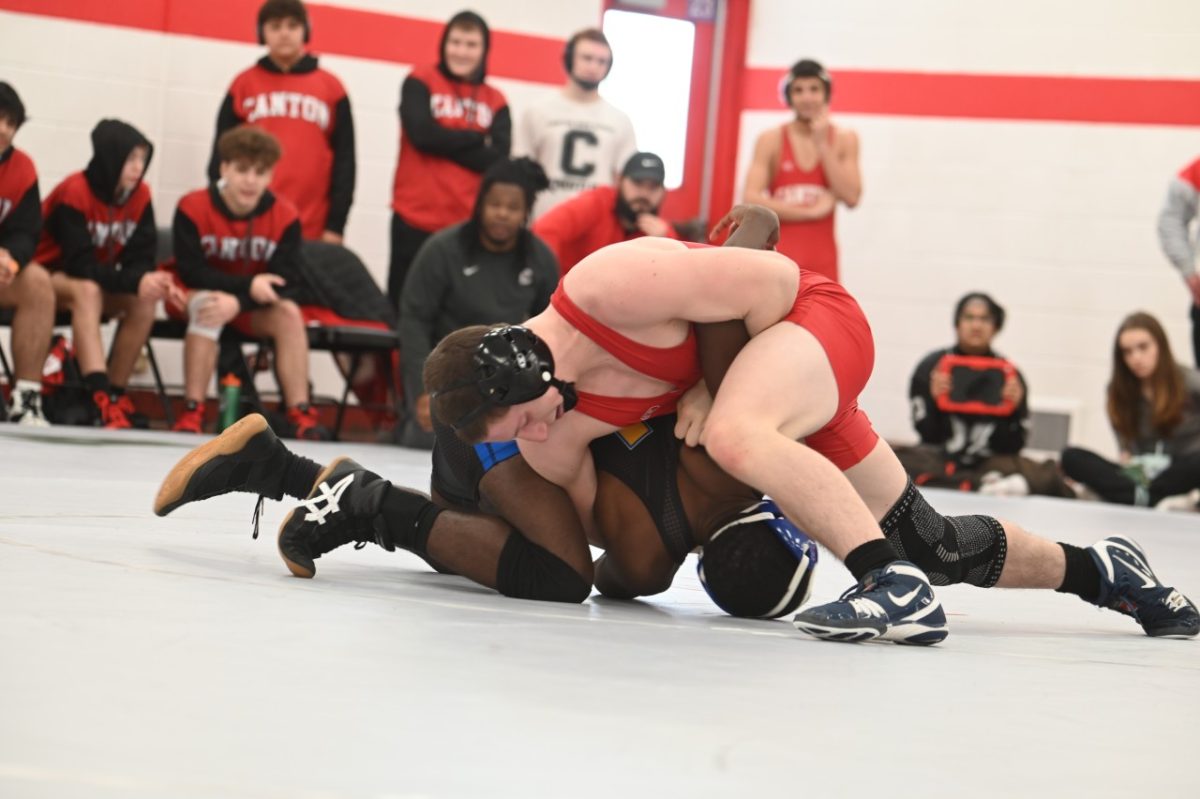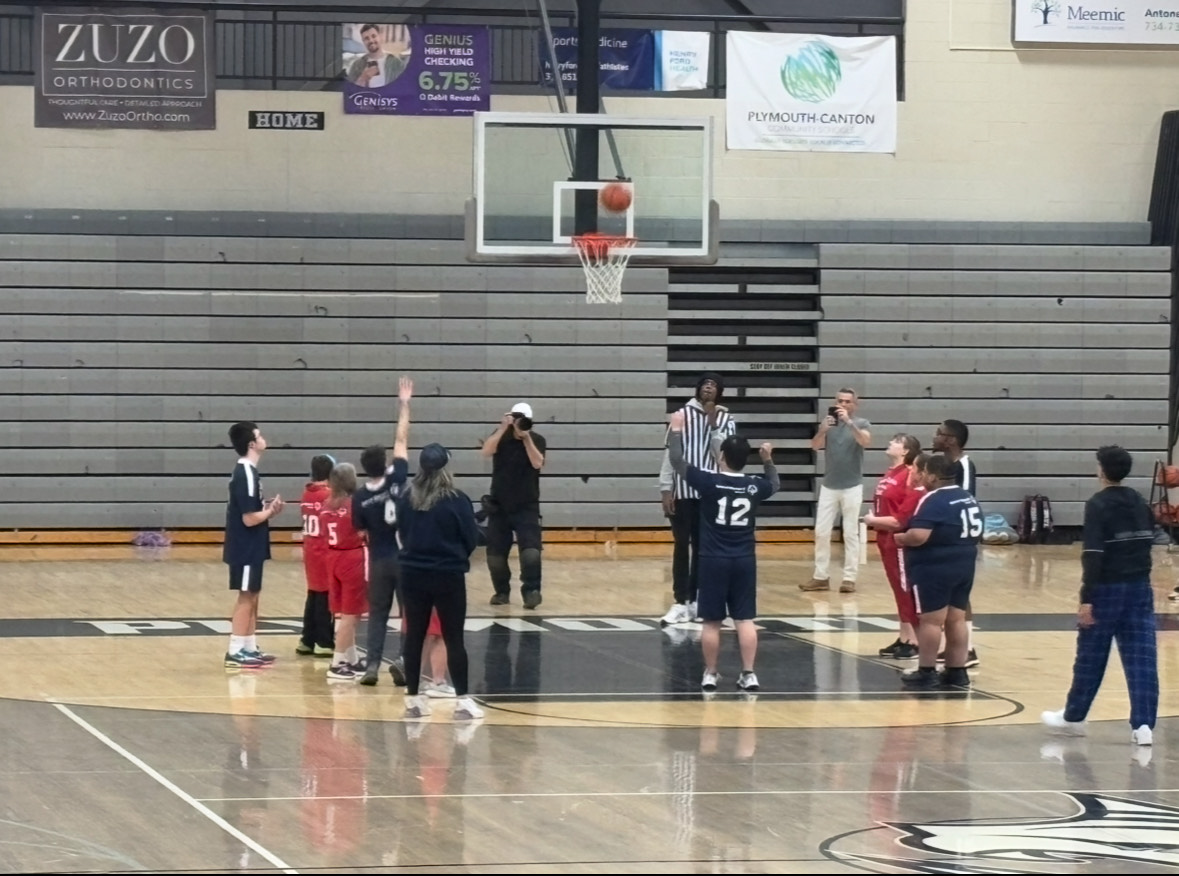Running. People dread it or dream of it. Even those passionate about running sometimes struggle to muster the motivation to get out there.
Whether in a rush to get to class or being subjected to running in class for PE, it’s commonplace in American society to hustle from one destination to another.
But those who run regularly must push themselves to keep going without external motivation. So why do they choose to run, and even more puzzling, how do they keep themselves going?
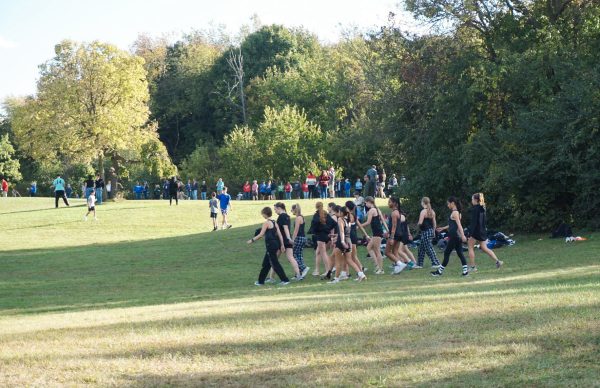
Research says endurance exercises like running can help bring runners feelings of peace and motivation, benefitting both their physical and mental health.
According to Daniel Bubnis, M.S., of the wellness website Healthline, a “runner’s high” is a rush of endorphins and endocannabinoids in the brain that occurs after about 20 minutes of continuous motion, bringing the athlete a sense of empowerment and calm. This can be a helpful tool for teens trying to navigate mental health during turbulent times.
The help of P-CEP’s student-athletes shed some light on the mystery of why they run.
“I choose to run because it helps me calm down and relieve some stress throughout the day. And I find it fun!” said Plymouth sophomore Isabella Rushlow.
Sometimes, running can be a lot more mental than it is physical. “I started cross-country to get in shape for soccer, but once I started competing, I had a lot of fun with the competition and [trying to get] better. It’s really hard [but] once I get to the point where I can run comfortably for a significant duration of time, it becomes peaceful, and I’m able to [have] this forced alone time with my thoughts. It’s like a refresh,” says Plymouth senior Natalie Yates.
Most runners experience general happiness or pleasure during the act of running. “Well, I think the reason I run is because it makes me feel so good after. Running teaches you so much about yourself and what you’re capable of,” explains Plymouth freshman Sydney Gerlach. “You have to be so determined, so it teaches you how, in school, [being] super determined to run has helped me be very motivated.”

However, as beneficial as running can be, health may not be the only catalyst for teen runners. Student-athletes also report that the camaraderie and encouragement of a team give them a reason to run.
“Everyone on the [Plymouth Girls Cross-Country] team is really nice. We help motivate each other, and it’s a good way to get exercise every day,” says Plymouth senior Isabel Farley-Gillay.
Although it is not always one’s first choice, the team or group running environment can be a big motivator for those who might not otherwise be running.
“I chose to run my freshman year. I was, at the time, playing soccer, so I was doing it for division, and I ended up liking the team environment a lot more,” says student-athlete Angust Tank. “And I love that everybody on the team is nice. I basically kept running because of that. Running itself isn’t the most fun part,” the Plymouth junior said.
Going out to run has an overwhelmingly positive impact on those who choose to do it. Those looking to start should begin at a comfortable pace, and if they feel passionate, work up to competing in ranked events.
Look out for P-CCS’s annual SJ5K on the first Sunday in May to run for a good cause. Find out more about local events on Running in the U.S.A. for those interested.


